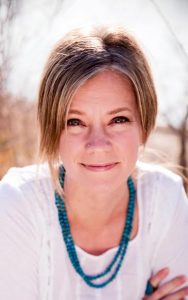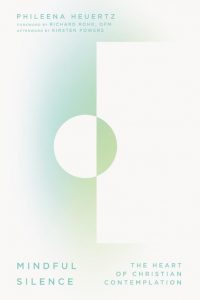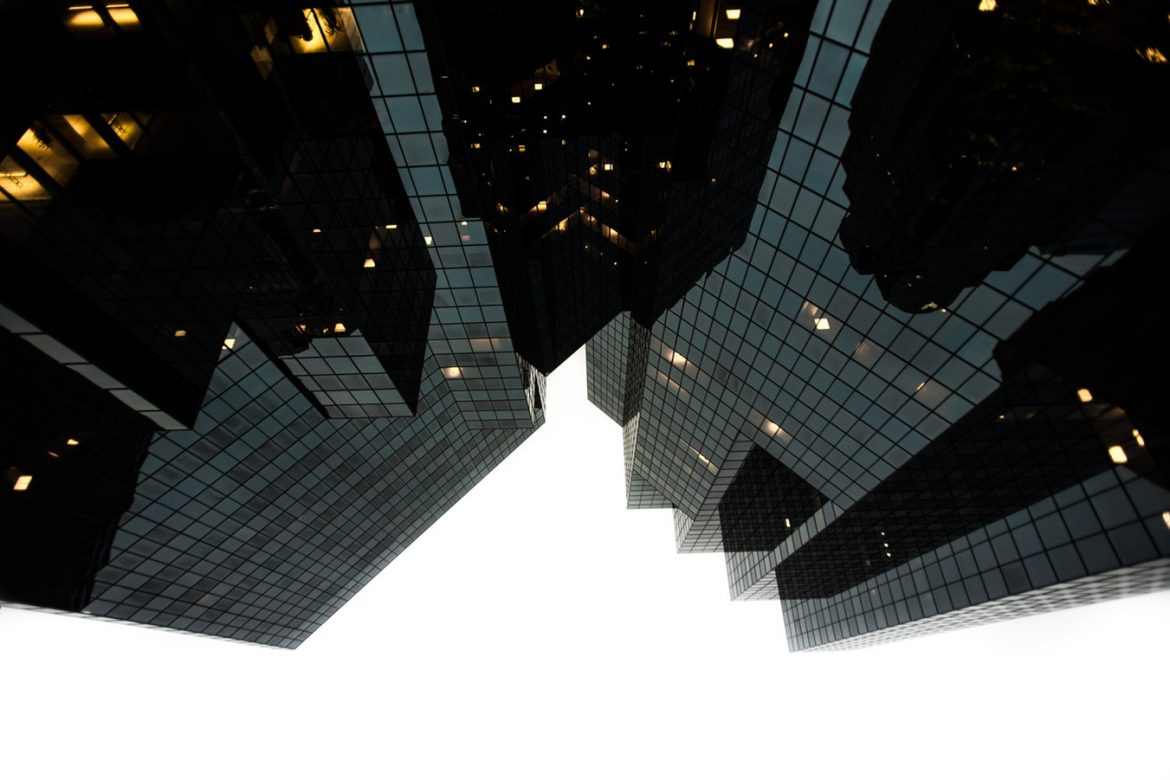Darkness has been a regular companion for me in the cycles of deepening relationship with God. Usually, suffering of some sort accompanies the lightless season. I’ve had enough experiences like this now that I’ve learned not to panic. The first time around I was terrified. I thought something was wrong with me. I thought I must be losing my way. I thought either there is no God or God is so out of reach that I’ll never realize God’s real presence.
Sure, in my younger life I had had plenty of spiritual experiences. Some I’m sure were authentic. Most were fairly emotional, perhaps some even emotionally manipulated. At any rate, early in the spiritual journey I enjoyed a number of experiences that reinforced God’s love for me. But then, the practices that used to help stir up a spiritual experience—worship music, spiritual teaching from the church, Bible reading, and prayer—ran dry. They didn’t support my connection with God like they used to. I found myself alone, in obscurity.
Thankfully, the right teachers came into my life and introduced me to contemplative practice as a way of sustaining my faith journey. It’s like I was given practices not so much to light the way through the shadows but instead to teach me how to walk in the dark.
During winter seasons in the journey, our spiritual senses are concealed so that our vision for reality can be refined. “Now we see indistinctly, as in a mirror; then we will see face to face. My knowledge is imperfect now; then I will know even as I am known” (1 Corinthians 13:12). In a way, it’s like eye surgery. We have to suffer momentary blindness to receive precision of sight.
Years ago, my friends Jeelan and Nazreen gave me the gift of physical sight. Jeelan was born into an Urdu-speaking folk Muslim family in the heart of South India’s Tamil Nadu. Nazreen was born into a progressive Pakistani-Malay Muslim family. She grew up in Singapore. When Jeelan moved to Singapore for work, they met, fell in love and eventually married. Today, they are raising their two beautiful children near San Francisco. In all my travels around the world, no one has been more family to me than Naz and Jeel.
I had been nearsighted from the time I was nine years old. I remember as a young student in second or third grade trying to read the classroom chalkboard and using my index fingers to squint my eyes to help make out the teacher’s writing. My eyesight used to be so bad that I couldn’t see the bedside clock in the morning. As you can imagine, frequent travel to various places around the world made dealing with contact lenses and glasses rather difficult. By the time I was an adult, Lasik corrective eye surgery had come a long way, and I wondered if I would ever be able to afford it. It would be a miracle to have my eyesight restored without the need of corrective lenses.
My friends Nazreen and Jeelan got wind of my desire for the surgery and to my surprise offered to pay for it so I wouldn’t have to wait any longer. Imagine. A Muslim gave me, a Christian, sight.
The surgery and recovery were quite an experience. Before the operation, the nurse gave me something to help me relax. Then she secured my eyelids open. The next thing I knew, a laser beam was penetrating my eye. All grew dark. I don’t remember a lot after that. When it was time to leave the clinic, patches were put over my eyes. When I returned home, in the dark, unable to see, I could do nothing but sleep. When I woke, it was safe to remove the bandages. I remember the anticipation. Would I really be able to see without my glasses? And sure enough, I could easily read the bedside clock.
Clear sight wasn’t exactly instantaneous. It took a little while for my eyes to adjust. I even had to go back to the surgeon for a minor surgical adjustment. It’s like this in a spiritual sense too. At times, we have to enter periods of darkness so that God can perform miracles in perception. It’s scary. And it requires every ounce of trust we’ve got. But when the darkness lifts, we see in a new way. There may be an adjustment period, but soon enough we stabilize with new spiritual sight. And in all likelihood, there will be times when we have to enter the darkness again for an adjustment.
In some ways, the role of darkness in the spiritual journey is like the story of Moses who wanted to encounter the living God. God said that no one has seen the face of God and lived, so Moses had to take cover in a cave (retreat into darkness) while the presence of God passed by (Exodus 33:12‑23).
It’s true that we cannot see the face of God and live (Exodus 33:20). At least the false self cannot live in the presence of God. As we draw nearer to God, we take cover in the dark while the false self is burned away. If we want to “see” (become aware) of the reality of God, the false self has to die, or let go of its dominance. For ultimately, as Father Richard rightly points out, everything belongs. It’s just a matter of the false self-dying to its prominence or dominance in one’s life. This is the work of the spiritual journey. This is what it means to do your inner work. The false ideas, misperceptions, and skewed beliefs about God and, quite frankly, about ourselves have to metaphorically burn up in divine light.
*Taken from Mindful Silence by Phileen Heuertz. Copyright (c) 2018 by Phileena Heuertz. Published by InterVarsity Press, Downers Grove, IL. www.ivpress.com
 Phileena Heuertz is the author of Pilgrimage of a Soul and Mindful Silence and a founding partner of Gravity, a Center for Contemplative Activism. For nearly twenty years she and her husband, Chris, codirected an international nonprofit in more than seventy countries, building community among victims of human trafficking, survivors of HIV and AIDS, abandoned children, and child soldiers and war brides.
Phileena Heuertz is the author of Pilgrimage of a Soul and Mindful Silence and a founding partner of Gravity, a Center for Contemplative Activism. For nearly twenty years she and her husband, Chris, codirected an international nonprofit in more than seventy countries, building community among victims of human trafficking, survivors of HIV and AIDS, abandoned children, and child soldiers and war brides.

As an Amazon Affiliate Godspace receives a small amount for purchases made through Amazon links.

